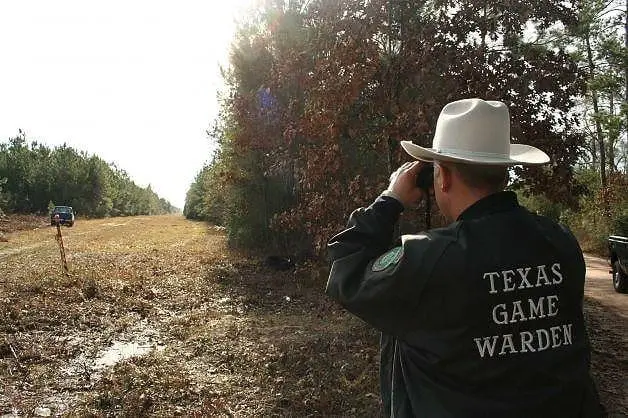 The encounter between a hunter and game warden can be a tense one for both parties, but if hunters follow a few common-sense rules, the experience should be quick and easy.
The encounter between a hunter and game warden can be a tense one for both parties, but if hunters follow a few common-sense rules, the experience should be quick and easy.
When a game warden approaches a hunter, he (or she) will first identify himself as a game warden.
Brownsville Game Warden Fernando Cervantes said hunters should not to reach for their wallet, a cigarette or make any sudden movements besides slowly placing their firearm on the ground. The game warden will then ask and check every hunter’s identification, hunting license and firearm.
If everything is up to legal standards, the officer will let the hunters go back to their hunt.
If a violation is found, the officer can issue a citation. If the hunter believes he is not guilty of a violation, he may advise the officer about a possible mistake in a respectful manner, but it’s up to the officer to move forward with the violation, according to Cervantes.
For a select group of hunters, Cervantes said they prefer to argue with the officer about being treated unfairly and, therefore, demand justice. In this situation, Cervantes said hunters should just comply with the officer.
“Hunters must realize that the side of the road is not a court room,” said Cervantes.
Cervantes knows everyone isn’t guilty, but insists everyone with a violation will have a day in court, so hunters should save their arguments until they get in front of a judge.
“Hunters who argue, usually argue themselves into more trouble,” he said.
Game wardens have to be careful when dealing with people who argue with them. Officers are trained to keep their distance and disarm any confrontation they have with the hunter. But in some cases, hunters are disrespectful. Cervantes said alcohol is a big factor in dealing with disrespectful people.
“Alcohol makes some hunters brave,” he said.
In cases where the hunter is obviously intoxicated, the officer can issue a public intoxication charge, along with any other violations.

